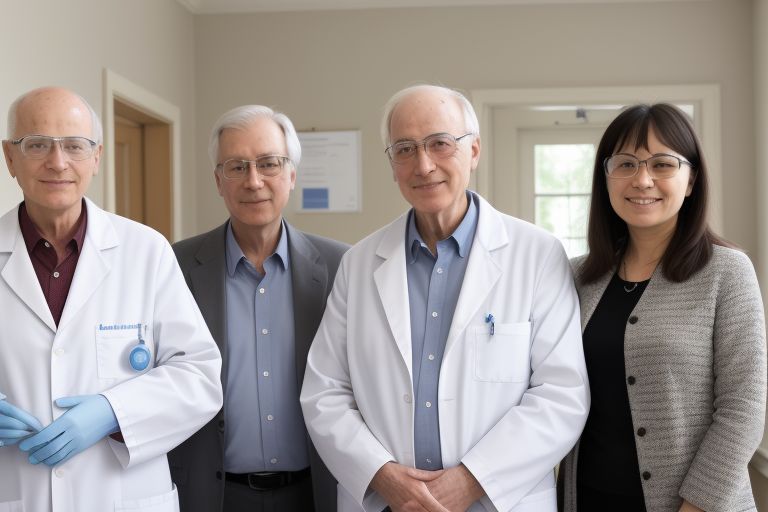Recent developments in cancer research have marked significant strides toward more personalized and effective treatments. One of the most promising areas of advancement is in precision oncology, where the genetic makeup and molecular characteristics of individual tumors are studied to develop targeted therapies. This approach, as highlighted in a World Economic Forum report, has led to treatments that are less harmful to healthy cells and come with fewer side effects compared to traditional methods like chemotherapy. The 100,000 Genomes Project is an example of how genomic data is being used to pinpoint effective treatments for cancer patients.
Artificial Intelligence (AI) is also playing a crucial role in transforming cancer care. In India, for instance, AI-based risk profiling and the analysis of X-rays are being utilized to screen for and identify cancers such as breast cancer at early stages. This is part of 18 cancer interventions aimed at accelerating the fight against this disease.
Another groundbreaking approach is the development of new inhalable therapies for lung cancer, which has one of the lowest five-year survival rates globally. Researchers have discovered that inhaling nanobubbles filled with IL-12 mRNA can turn lung immune cells into potent defenders against tumor cells, offering a new, more efficient, and less invasive treatment option.
Additionally, there’s exciting research on light-activated immunotherapies. Scientists have been working on developing antibody fragments that can be activated by light to treat cancers, such as skin cancer, where there’s a solid tumor. This innovative approach represents a significant advancement in the field of immunotherapy, potentially offering new treatment options within the next five to ten years.
These breakthroughs not only underscore the rapid evolution of cancer treatment strategies but also offer hope for more effective and personalized care for patients worldwide.









